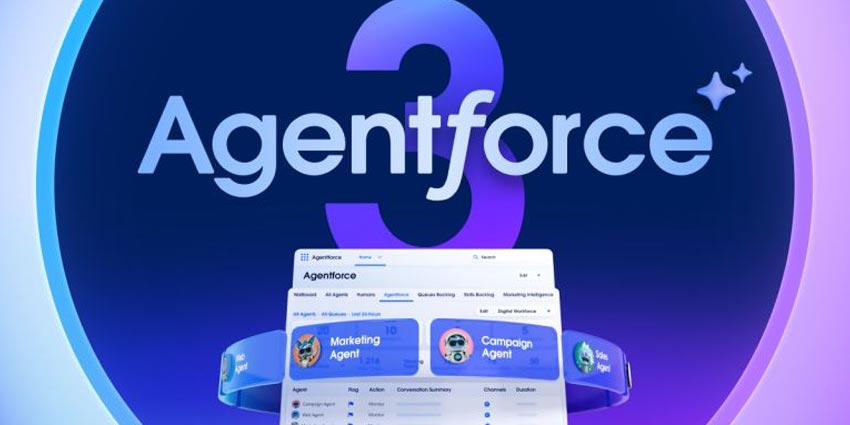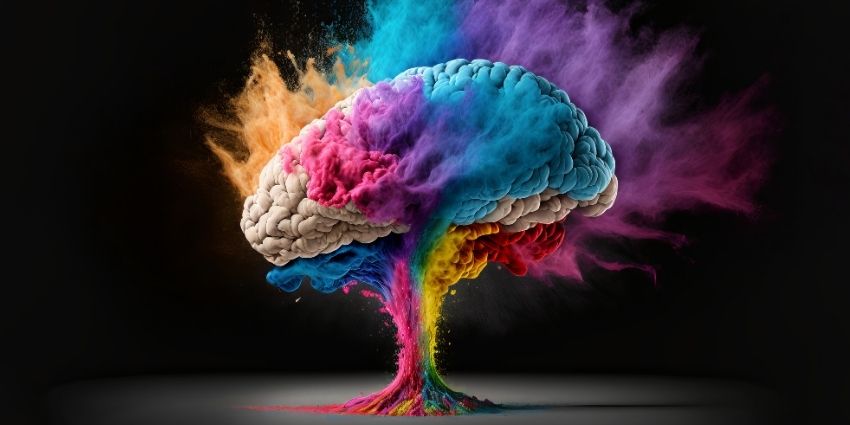Salesforce has announced the Einstein Service Agent, the company’s first fully autonomous AI agent.
Having been teased in an X post by CEO Marc Benioff earlier this month, the tech firm has now officially revealed its latest customer service solution.
Currently in pilot and slated to be made generally available later this year, Salesforce claims that the Einstein Service Agent will make “conventional chatbots obsolete” due to its ability to understand and act upon customer inquiries outside the remit of pre-programmed scenarios.
The company believes that this differentiates the solution from traditional chatbots, which can only manage pre-designed queries and lack the ability to grasp context or subtlety, describing the Service Agent as “intelligent and dynamic.”
The tool combines generative AI (GenAI) capabilities with the capacity to interact with large language models (LLMs), allowing it to analyze customer communications and provide natural-sounding responses based on a company’s data, brand voice, and tone.
In discussing the news, Salesforce Service Cloud General Manager, Kishan Chetan, expressed his excitement at how the Service Agent will complement human agents, and vice versa:
Salesforce is delivering a future where human and digital agents join forces to improve the customer experience.
“Einstein Service Agent, our first fully autonomous AI agent, will not just complete service jobs on its own; it will augment how human agents work and completely transform how service teams operate, making them far more efficient and productive. We are reimagining customer service for the AI era.”
So, let’s examine some of the Einstein Service Agent’s key features and see whether it can deliver on its promise to make chatbots obsolete.
Einstein Service Agent
Salesforce describes its newest solution as an AI agent that “your customers will actually want to talk to.” What this means is that it’s an agent with the ability to provide customer service beyond knowledge locating and pre-designed conversation trees that struggle to answer follow-up questions.
In an example video on the Salesforce website, the company details how the Service Agent not only shares troubleshooting resources with customers but also provides them with personalized steps to resolve their issues – all in the specific brand’s voice/tone.
Moreover, the solution’s multi-modal feature means that it is able to understand pictures as well as text, so if the troubleshooting process fails, customers can send photos of an error code, for example.
Salesforce believes that these features will boost productivity by handling many issues that previously required human agents to step in, freeing up the agents to focus on more complex cases.
While the video only discusses the Service Agent’s capabilities as it relates to one generic customer example, Salesforce also highlights the following features:
- Out-of-the-box setup: Einstein Service Agent can be quickly set up in minutes using out-of-the-box templates, Salesforce components, and a large language model. Companies can reuse existing Salesforce objects and utilize a low-code builder with natural language instructions to customize actions, saving time and money.
- Seamless handoffs to human agents: If a query is outside Einstein Service Agent’s scope, it seamlessly transfers the conversation to a human agent via Service Cloud. The human agent receives the full conversation context, allowing them to continue without the customer needing to repeat the information.
- Built-in guardrails: Einstein Service Agent, built on the Einstein 1 Platform, uses the Einstein Trust Layer to mask personally identifiable information (PII) and establish clear guidelines for its operations.
Although it is too early to tell if the Einstein Service Agent will be the game-changing, chatbot-revolutionizing solution that Salesforce is suggesting, the company’s promise of improved productivity and enhanced natural language capabilities will undoubtedly be of interest to the wider customer service and experience sector.







